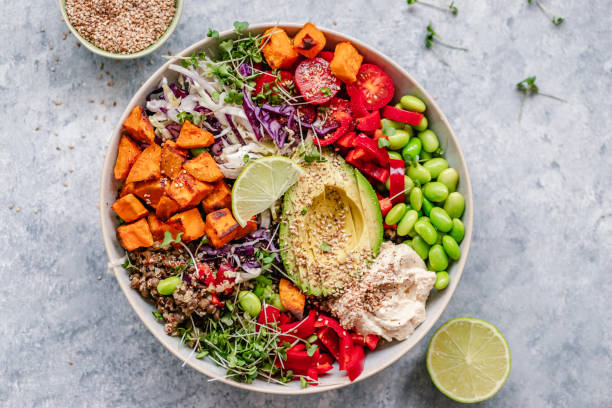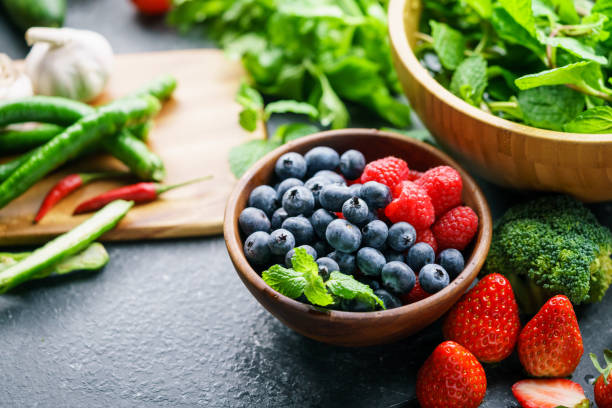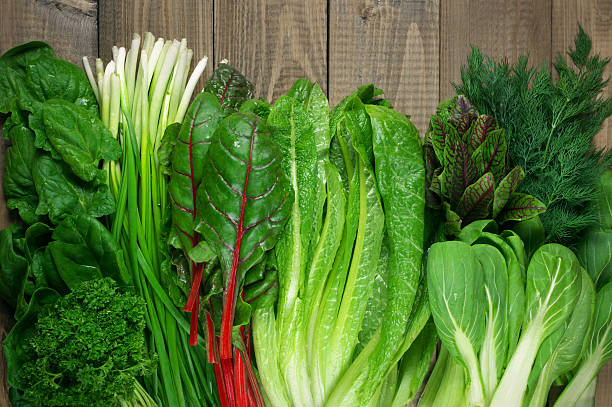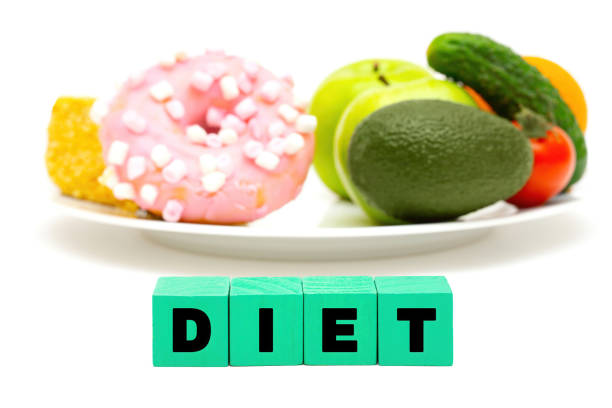Juicing for Better Mental and Physical Health: Tips and Recipes
This post contains affiliate links. I may earn a commission at no extra cost to you if you make a purchase. Note that I’m not a health or outdoor safety professional, so further research is advised. Your support keeps Outdoors A-Z running—thank you! Read the full disclosure.. Read the full disclosure here.
In today’s world, people are paying more attention to their physical and mental health than ever before. With a plethora of diets and health trends emerging every day, it’s hard to know what to believe. However, one health trend that has stood the test of time is juicing. Juicing has been shown to have many benefits, including weight loss, improved digestion, and increased energy levels. In this article, we’ll explore the benefits of juicing for mental and physical health and provide some tips and recipes to help you get started.
Table of Contents
What is Juicing?

Juicing involves extracting the juice from fruits and vegetables and consuming it in liquid form. The process of juicing removes the fiber from the produce, making it easier for the body to absorb the nutrients quickly. The most common type of juicer is a centrifugal juicer, which uses a spinning blade to separate the juice from the pulp.
Benefits of Juicing for Mental Health

Juicing can have a significant impact on mental health by providing the body with essential vitamins and minerals that help reduce stress and anxiety. Juicing also helps to boost brain function and improve cognitive performance.
Juicing for Stress and Anxiety
Stress and anxiety can have a negative impact on mental health, leading to depression and other mood disorders. Juicing fruits and vegetables that are high in vitamin C, such as oranges and kiwis, can help reduce stress levels. Consuming magnesium-rich fruits and vegetables like spinach and kale can also help alleviate anxiety.
Juicing for Brain Function
Juicing can help boost brain function by providing the body with essential vitamins and minerals. Consuming fruits and vegetables that are high in antioxidants, such as blueberries and raspberries, can help protect the brain from damage caused by free radicals. Fruits and vegetables that are rich in vitamin K, such as spinach and broccoli, can also help improve cognitive function.
Benefits of Juicing for Physical Health
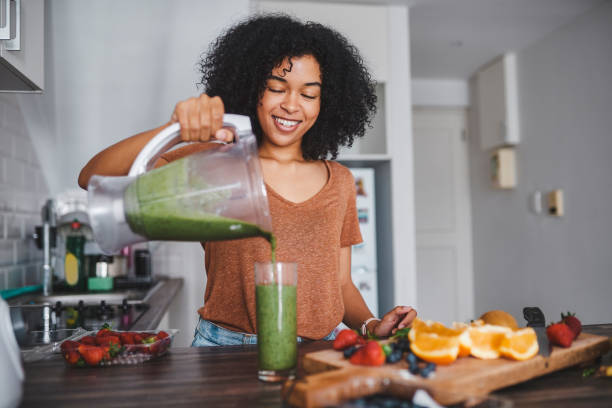
Juicing can also have a significant impact on physical health by providing the body with essential nutrients and aiding in weight loss.
Juicing for Weight Loss
Juicing can be an effective way to lose weight as it provides the body with essential nutrients while reducing calorie intake. Consuming low-calorie fruits and vegetables like cucumber and celery can help you feel full while consuming fewer calories. Adding lemon or ginger to your juice can also help boost metabolism, aiding in weight loss.
Juicing for Digestive Health
Juicing can help improve digestive health by providing the body with fiber and aiding in the absorption of nutrients. Fruits and vegetables that are high in fiber, such as apples and carrots, can help regulate bowel movements and reduce bloating.
Tips for Juicing
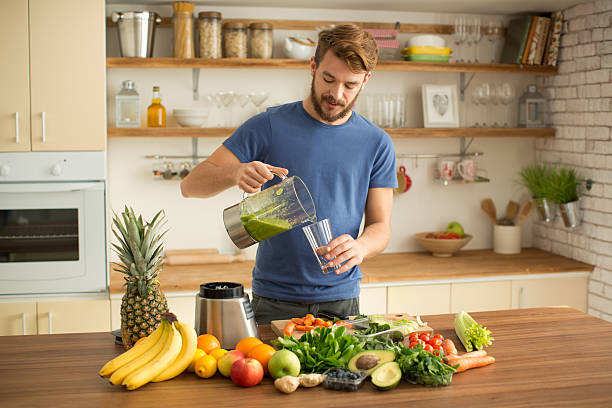
When it comes to juicing, there are a few things to keep in mind to ensure you get the most out of your juice.
Use Fresh Produce
Using fresh produce is essential when juicing as it ensures you’re getting the most nutrients possible. When buying produce, look for organic options to avoid consuming pesticides and other harmful chemicals.
Experiment with Recipes
Juicing can be a fun and creative process, so don’t be afraid to experiment with different recipes. Try mixing different fruits and vegetables together to create unique and delicious flavors.
Clean Your Juicer
Cleaning your juicer after each use is essential to ensure it stays in good condition and doesn’t harbor bacteria.
Recipes
Here are some simple and delicious juice recipes to get you started:
Green Juice
- 2 cups spinach
- 2 celery stalks
- 1 cucumber
- 1 green apple
- 1 lemon
Immunity Booster
- 1 orange
- 1 kiwi
- 1 carrot
- 1 inch ginger root
- 1/2 cup pineapple
Beetroot Blast
- 1 beetroot
- 2 carrots
- 1/2 inch ginger root
- 1/2 lemon
Final Thoughts
Juicing is an excellent way to improve both mental and physical health. By consuming nutrient-dense fruits and vegetables in liquid form, the body can absorb essential vitamins and minerals quickly. Juicing can help reduce stress and anxiety, improve cognitive function, aid in weight loss, and improve digestive health. Remember to use fresh produce, experiment with recipes, and clean your juicer after each use to get the most out of your juice.
FAQs
Is juicing a good way to get my daily recommended servings of fruits and vegetables?
Yes, juicing can be an effective way to get the daily recommended servings of fruits and vegetables. However, it’s important to remember that juicing removes the fiber from the produce, so it’s still important to consume whole fruits and vegetables as well.
Can juicing help me lose weight?
Yes, juicing can aid in weight loss by providing the body with essential nutrients while reducing calorie intake. However, it’s important to consume a balanced diet and not rely solely on juicing for weight loss.
Can juicing be harmful to my health?
Juicing can be harmful to your health if it’s not done correctly. Consuming too much fruit juice, for example, can lead to a spike in blood sugar levels. It’s important to consume a variety of fruits and vegetables and to talk to a healthcare provider before making significant changes to your diet.
Can I store juice in the fridge?
Yes, you can store juice in the fridge for up to 72 hours. However, it’s best to consume the juice immediately after juicing to get the most nutrients possible.
Can I juice without a juicer?
Yes, you can juice without a juicer by using a blender or food processor. However, the texture and consistency of the juice may be different, and you may need to strain it to remove any pulp.










